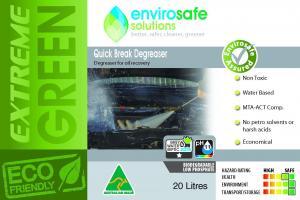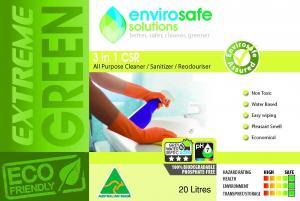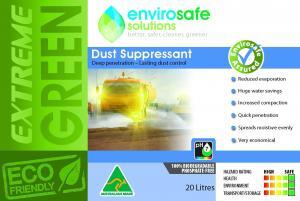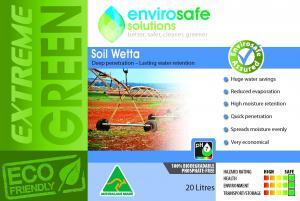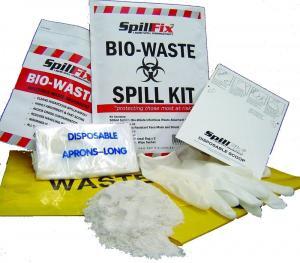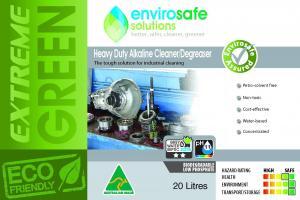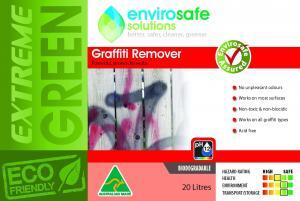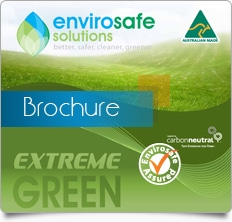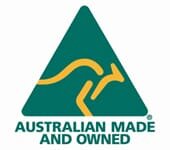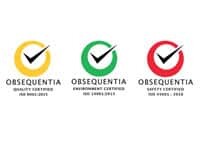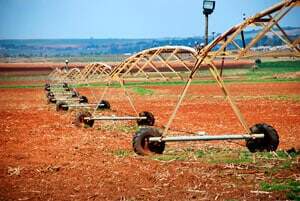 Population growth will force food production to double over the next 50 years, according to a leading Australian scientist. The cost of high-yield farming – which became widespread during the so-called Green Revolution of the 1960s – has been poor soil quality and water scarcity, highlighting the need for sustainable farming practices in the future.
Population growth will force food production to double over the next 50 years, according to a leading Australian scientist. The cost of high-yield farming – which became widespread during the so-called Green Revolution of the 1960s – has been poor soil quality and water scarcity, highlighting the need for sustainable farming practices in the future.
Food production demands are coming at a heavy environment cost and a new approach is needed to secure sustainable farming in the future.
This is the view of leading agricultural scientist Dr John Williams, a member of the Wentworth Group of Concerned Scientists.
Dr Williams has discussed the threats facing farming in a paper titled Environmental Farming, the New Agriculture. He says that in the past the ‘easy answer’ to increased food production demand was to farm new land. Today, he argues, the land itself has come under threat through urban development, land degradation, water scarcity and poor soil, including low levels of phosphorous.
He has argued the case for science to play a growing role in farming practices, to improve both productivity and sustainability. The willingness of dryland grain farmers to adopt conservation farming such as no-till techniques has been an example of more sustainable farm techniques.
“(This has) improved agronomy through more sophisticated crop rotations and integrated weed and pest management options that rely less on chemicals,” Dr Williams said. “These have all been in response to environmental stresses such as soil erosion, dryland salinity, more frequent drought and declining rainfall generally.”
A more holistic, sustainable approach to farming involves a review of chemical use in both crop and soil management.
Envirosafe Solutions has worked successfully with mining, transport, government and industrial sectors to reduce their reliance on toxic chemicals by switching to eco-friendly industrial liquids.
The Perth-based supplier of environmental cleaning products has a soil agent designed to work with Australia’s arid conditions. The Extreme Green Soil Wetta has been successfully applied in road construction and earthworks but is also suited to agricultural soil wetting applications.
It has been designed to offset problems caused by poor water absorption in soils, which effects crops, costs money and wastes scarce water resources. It will allow farms or plant nurseries to save water and helps break up soil clods. Unlike acid-based soil wetting agents on the market, the Extreme Green Soil Wetta is completely safe to use – tanks used to apply the product can still be used for drinking water purposes!
Extreme Green Soil Wetta can be used with any type of water. For safe, sustainable long term agricultural applications, 100 ml of the product can be diluted with 100 litres of water and spread over one acre.
Science has called for sustainable farming practises to be introduced as population growth drives up demands on food production. This includes reducing reliance on chemicals. For advice on eco-friendly liquid products for farms and nurseries contact Envirosafe Solutions on 1300 88 90 70 or email info@evss.com.au.
Sources:
http://www.wentworthgroup.org/uploads/Williams-CollisACIARarticle.pdf









